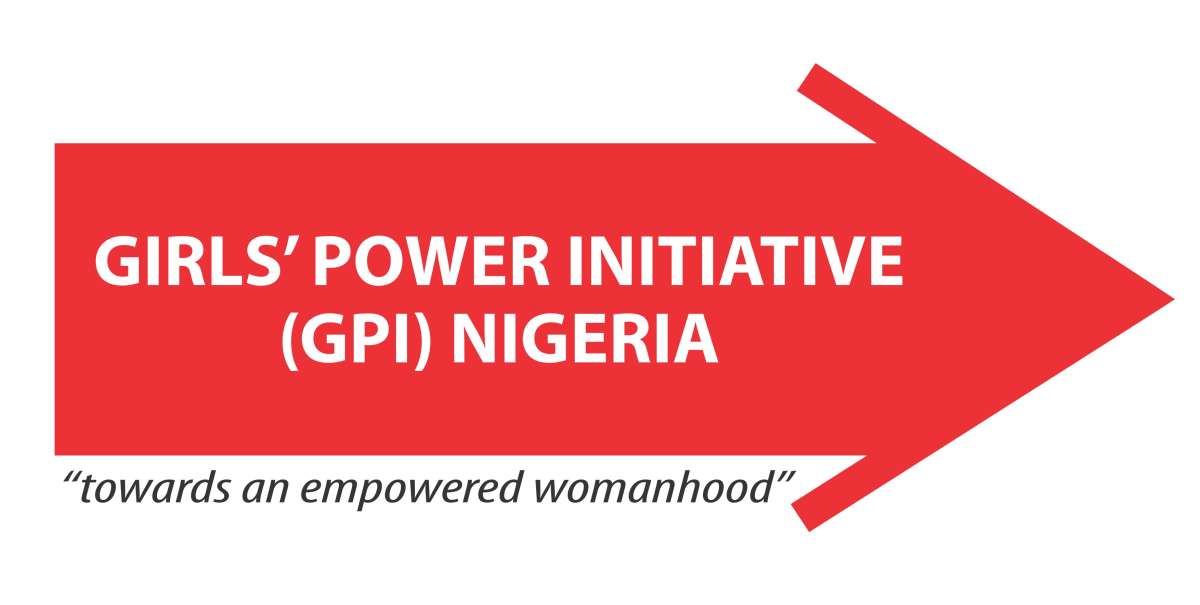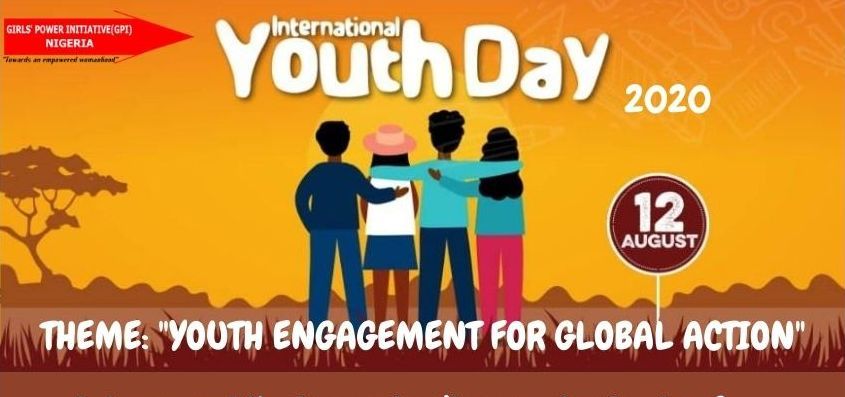The theme of International Youth Day 2020, “Youth Engagement for Global Action” seeks to highlight the ways in which the engagement of young people at the local, national and global levels is enriching national and multilateral institutions and processes, as well as draw lessons on how their representation and engagement in formal institutional politics can be significantly enhanced.
As the United Nations turns 75, and with only 10 years remaining to make the 2030 Agenda a reality for all, trust in public institutions is eroding. At the international level, against the backdrop of an increasingly polarized world, the international system of governance is currently undergoing a crisis of legitimacy and relevance. In particular, this crisis is rooted in the need to strengthen the capacity of the international system to act in concert and implement solutions to pressing challenges and threats (examples include some of the worst contemporary conflicts and humanitarian emergencies, such as Syria and Myanmar, as well as global challenges, such as the COVID-19 outbreak and climate change).
Enabling the engagement of youth in formal political mechanisms does increase the fairness of political processes by reducing democratic deficits, contributes to better and more sustainable policies, and also has symbolic importance that can further contribute to restore trust in public institutions, especially among youth. Moreover, the vast majority of challenges humanity currently faces, such as the COVID-19 outbreak and climate change require concerted global action and the meaningful engagement and participation of young people to be addressed effectively.
The aim of IYD 2020 is to shed light on the need to enable the engagement of youth by making local, national and global institutions more inclusive for the purpose of strengthening their capacity (and relevance) to achieve global action.
This year’s IYD seeks to put the spotlight on youth engagement through the following three interconnected streams:
1. Engagement at the local/community level;
2. Engagement at the national level (formulation of laws, policies, and their implementation); and,
3. Engagement at the global level. (source: www.UN.org)


